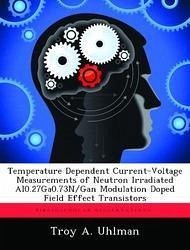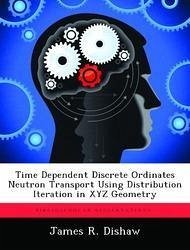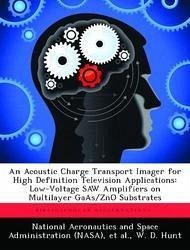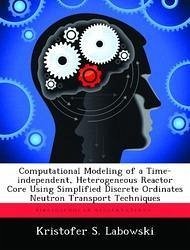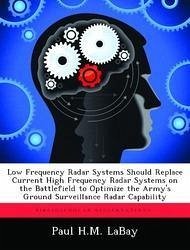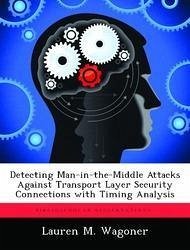Nicht lieferbar
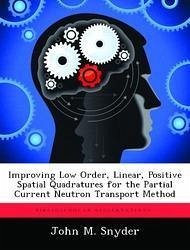
Improving Low Order, Linear, Positive Spatial Quadratures for the Partial Current Neutron Transport Method
Versandkostenfrei!
Nicht lieferbar
AFIT researchers have developed a new approach to solving Discrete Ordinates equations, which approximate the linear Boltzmann Transport Equation (BTE). The usual approach is von Neumann iteration on the scattering source, which requires repeated sweeps through the spatial-angular grid. Acceptable convergence requires complicated and expensive acceleration schemes. The new approach, Partial-Current Transport (PCT) with Adaptive Distribution Iteration, eliminates scattering source iteration through matrix inversions and a reduced-size global linear algebra problem. It creates the needed matrice...
AFIT researchers have developed a new approach to solving Discrete Ordinates equations, which approximate the linear Boltzmann Transport Equation (BTE). The usual approach is von Neumann iteration on the scattering source, which requires repeated sweeps through the spatial-angular grid. Acceptable convergence requires complicated and expensive acceleration schemes. The new approach, Partial-Current Transport (PCT) with Adaptive Distribution Iteration, eliminates scattering source iteration through matrix inversions and a reduced-size global linear algebra problem. It creates the needed matrices directly from the standard spatial quadratures used in the sweeping. Positivity, linearity, and (higher-than-first-order) accuracy are the key desirable qualities with all Discrete Ordinates methods, but all three, according to Lathrop [8], cannot be achieved simultaneously. If a high order accurate, linear method is used, it can produce negative fluxes. Non-linear methods have been developed that are high-order accurate and positive, but these methods are not widely accepted because the BTE is itself a linear equation.




